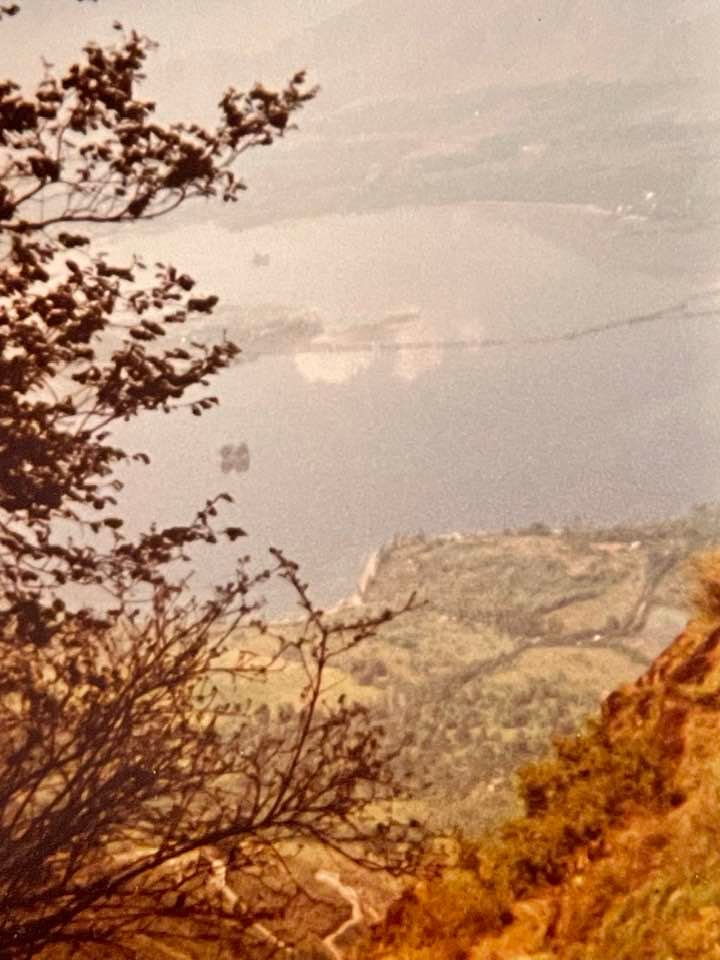FEBRUARY 25, 2022 – (Cont.) The letter home continued . . .
While the father and I held the pain-stricken girl, the doctor went straight to work. I doubt if a top-flight Western [nurse or physician] could’ve done a better or swifter job of cleaning and dressing those wounds. Also, I couldn’t imagine a person bearing more pain than that girl suffered. She shed a flood of tears, and to my bewilderment, Manzoor, the doctor, and the father told her to be quiet. I remarked to Manzoor that the girl should be allowed to wail and scream all she wished, since that would distract her from the pain. That point was not conveyed. When the patient’s whimpering did grow, the curious onlookers giggled. I wanted to lash out, but I remembered—this was a whole different culture from mine.
After dressing the wounds, the doctor followed up with an antibiotic injection.
The bill came to 10 rupees [less than $1.00]. Realizing that additional visits would be required, I paid the doctor another 24 rupees for future dressings and injections. (I wasn’t about to give money to the father for fear he’d use it elsewhere.) We then delivered the father and girl to the ghat and parted company.
Naturally, we were concerned that the girl might not return to the doctor. Two days later, after the second scheduled dressing and injection, [we] took a shikara to the family’s abode and inquired about the patient’s progress. The father appeared, and despite his poverty, he invited us in for chai. The inside of the mud-brick hovel was as mean as its exterior. We sat on mats placed on the dirt floor and conversed while the mother and oldest daughter prepared the chai. I first asked about the girl’s condition. A second injection mark and new dressing proved that she had returned to the “Medical Store.” I was overjoyed.
Through Jimmy’s translations we learned more about the family. There were eight children, the parents, and a grandfather in all. The father worked as a road builder for the government and earned 275 rupees a month. His two oldest sons also worked (on houseboats), and thus, the family’s combined income totaled 1,000 rupees a month [$11.25 per person]. Jimmy himself, who by this time was viewed by all his guests as a conniving, despicable, money maniac, expressed surprise over the family’s poverty.
“I f-f-feel very sorry for these people,” Jimmy confided in me.
Soon chai was served, along with biscuits, a sign of extraordinary hospitality and generosity, considering the family’s limited means. After 30 minutes we rose to leave. The dignified man had won my respect, sympathy, and admiration. His face was sad and quiet, and I wanted to give him hope and light.
“Tell him,” I said to Jimmy, “that Allah will shine upon him and his family.” The gentleman bowed in thanks [. . .] Everyone else returned my smile with a bewildered stare. I turned and saluted them with “Salaam.” The father then helped us aboard our shikara and waved good-bye.
(Remember to subscribe to this blog and receive notifications of new posts by email.)
© 2022 by Eric Nilsson
